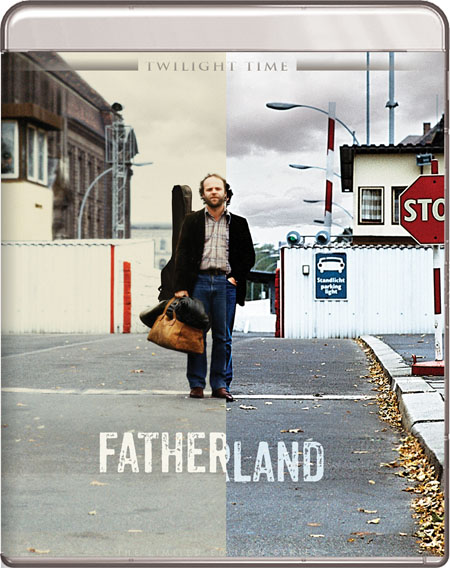
BY GIACOMO SELLONI
Social
protest has been part of human society going back to Paleolithic times when the
first homo-protestapien complained "What, nuts and berries again?"
The response was most likely either "Go out and kill something,
then," or "Discover fire and I'll make a casserole." Admittedly,
I loosely translate from the original "ogg," "ugh" and
passionate grunting.
By
the year 1968 the earth was awash with protesters (for good reason) who had
developed protesting into an art form. The art form of choice was the protest
song. From Arlo Guthrie to John Lennon, Country Joe McDonald to Marvin Gaye,
Bob Dylan to The Plastic People of the Universe, Phil Ochs to Jimmy Cliff, the
airwaves were filled with politically charged lyrics that stirred the souls of
the youth of the world. Americans like to think they had a patent upon it but
Eastern Europe was at the forefront of something other than Vietnam, their own
social unrest.
WWII
had been over for more than twenty years but there still were countries in
upheaval. The Prague Spring had come to Czechoslovakia
and led to another Communist invasion. Yugoslavia was beset with protests from
ethnic Albanians in Kosovo and Western Macedonia that led to concessions that
angered Serbians and Montenegrins. This caused not only a Serbian emigration
from Kosovo but also further religious tensions as Macedonians created their
own Orthodox Church and Muslim nationalism rose in Bosnia irritating Serbian
churchmen. And, of course, the Cold War was in full swing in Germany with the
Berlin Wall, just seven years old, still 21 years away from demolition. It is
in the politically turbulent year of 1968 that "Fatherland," aka "Singing the Blues in Red" begins.
We
meet protest singer-songwriter Klaus Drittemann (Gerulf Pannach, whose
biography mirrors his character's) as he is interrogated by officials of the
Stalinist-Communist East German government who look to convict him of crimes
against the state and exile him. Drittemann (whose name translates from the
German as "third man," make of that what you will) is a
Marxist-socialist whose criticism leads to being denied to perform any longer
and eventually, at the age of 40, gets him a one-way exit visa to West Germany
and he leaves his son and an ex-wife behind.
Whereas
some people may think that a good thing with the opportunity to make a living
again and become a success in the west - there is already a record company
waiting to sign him, Klaus does not. In his, and "Fatherland's" world
view capitalism is just as terrifyingly corrupt as hard-line Communism. He is
besieged as soon as he steps into the west, turned into a celebrity and faces a
choice of signing his life away to the record company or maintaining his
ethics. At his press conference in West Berlin he is asked a number of times
about his father (Sigfrit Steiner) who was also a musician forced into exile
back in the 1950s. When he opens a safe-deposit box in a bank there (the key to
which was passed to him by his mother back in East Berlin) he discovers
personal effects from his father that turn his life upside down. He now wants
to find his father and with the assistance of Emma, a French-Dutch journalist
(Fabienne Babe) who seems to be withholding information, he begins his journey
and heads to England.
Though
made mostly in Germany and in German, "Fatherland" is an English
film. Written by Trevor Griffiths, who collaborated with Warren Beatty on
"Reds", it was directed by Ken Loach who made a number of politically
charged films in the 1980s that ran him afoul of the Conservative Margaret
Thatcher government. That government influence extended to the film and
television industries and Loach found it harder and harder to work in the UK.
This film could be viewed as Loach's and Griffith's response. The dichotomy of
Germany's two faces (materialistic consumerism v. slapstick communism) mirrors
the divided Great Britain of the late 80s where Thatcher's Tory government of
opportunists held sway over a divided Liberal party.
Loach
eventually found partners in West Germany and France. "Fatherland" is
as straightforward as good Rock ‘n Roll music, it doesn't pull many punches and
delivers a philosophy of life that sounds pretty bleak here: "The man born
to be hanged need not fear drowning. The ones that are ruled carry others; the
ones who rule are carried by others. Any life is better than no life." But
if I delivered these lines in context it would amount to a 'spoiler' and if
"Fatherland" teaches anything it is that context is everything.
"Fatherland" has been released by Twilight Time as a limited edition (3,000 units) Blu-ray. The disc contains an isolated score track and an informational collector's booklet.
CLICK HERE TO ORDER